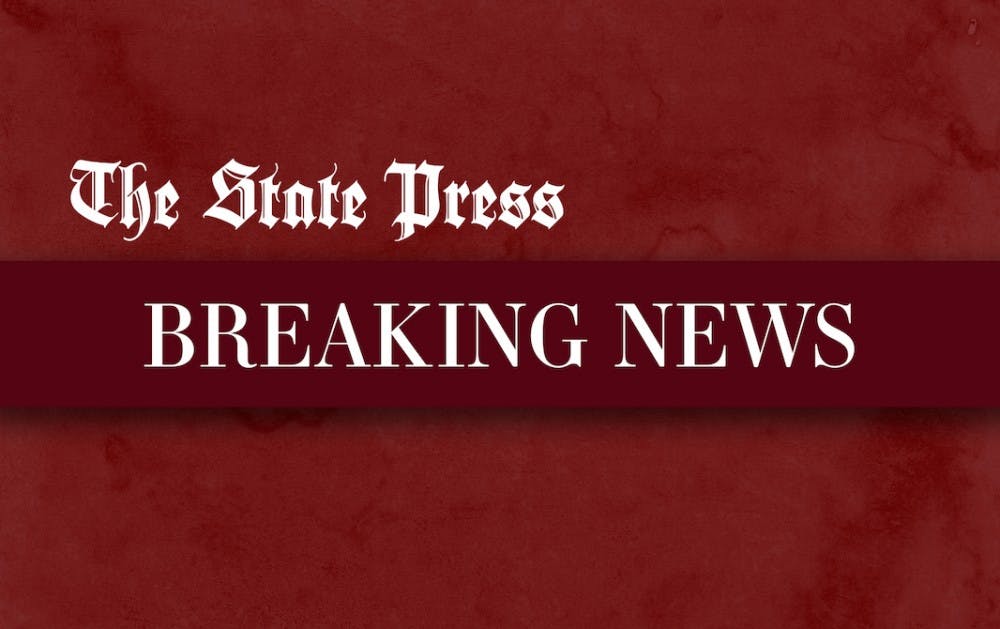There are eight ASU students currently abroad in China, University officials confirmed Wednesday, adding that none of the students will be forced to return to the U.S. following the 2019 Novel Coronavirus outbreak.
None of the ASU students currently in China are in or near Wuhan, the epicenter of the viral illness, a University official said in an email.
While ASU is not mandating their return, the official said that the University is “giving students currently in China the option to return early from their academic programs.”
They added that the program providers or host institutions of students could be “taking steps to cancel programs or relocate students.”
The news comes after President Michael Crow ordered the cancellation of all University-related travel to China for ASU students, faculty and staff on Tuesday because of the spread of coronavirus.
In an email to deans and other University officials early Tuesday morning, Executive Vice President and University Provost Mark Searle told leaders that Crow halted travel to the country “until this matter is resolved.”
The email announcement was confirmed to The State Press by University spokesperson Jerry Gonzalez.
Of the more than 7,700 cases of coronavirus worldwide, there are only 82 confirmed outside of China, according to the World Health Organization. The Los Angeles Times reported that over 50 million people in China are quarantined.
READ MORE: As coronavirus worries circulate, ASU community takes extra precautions
The announcement comes after Arizona health officials said Sunday an ASU community member had been diagnosed with the 2019 Novel Coronavirus after returning from the Wuhan, China area.
Officials said the person is not severely ill and is voluntarily in isolation to prevent the illness from spreading. As of Jan. 28, there are five confirmed cases of coronavirus in the U.S. and more than a thousand cases in China, the central point of the virus, according to the CDC.
While the CDC considers the virus "a very serious public health threat," based on current information, its immediate health risk to the general public is "considered low."
State Press editors Andrew Howard and Alfred Varela contributed to this report.
Editor’s Note: This story was updated at 2:43 p.m. to better grammatically clarify the first paragraph. This is a developing story and will be updated as more information is made available. This story was updated at 6:00 p.m. Jan. 31 to reflect new information. This is a developing story and will be updated as more information is made available.
Like The State Press on Facebook and follow @statepress on Twitter.




